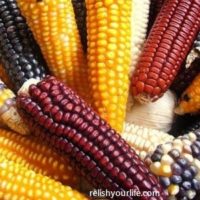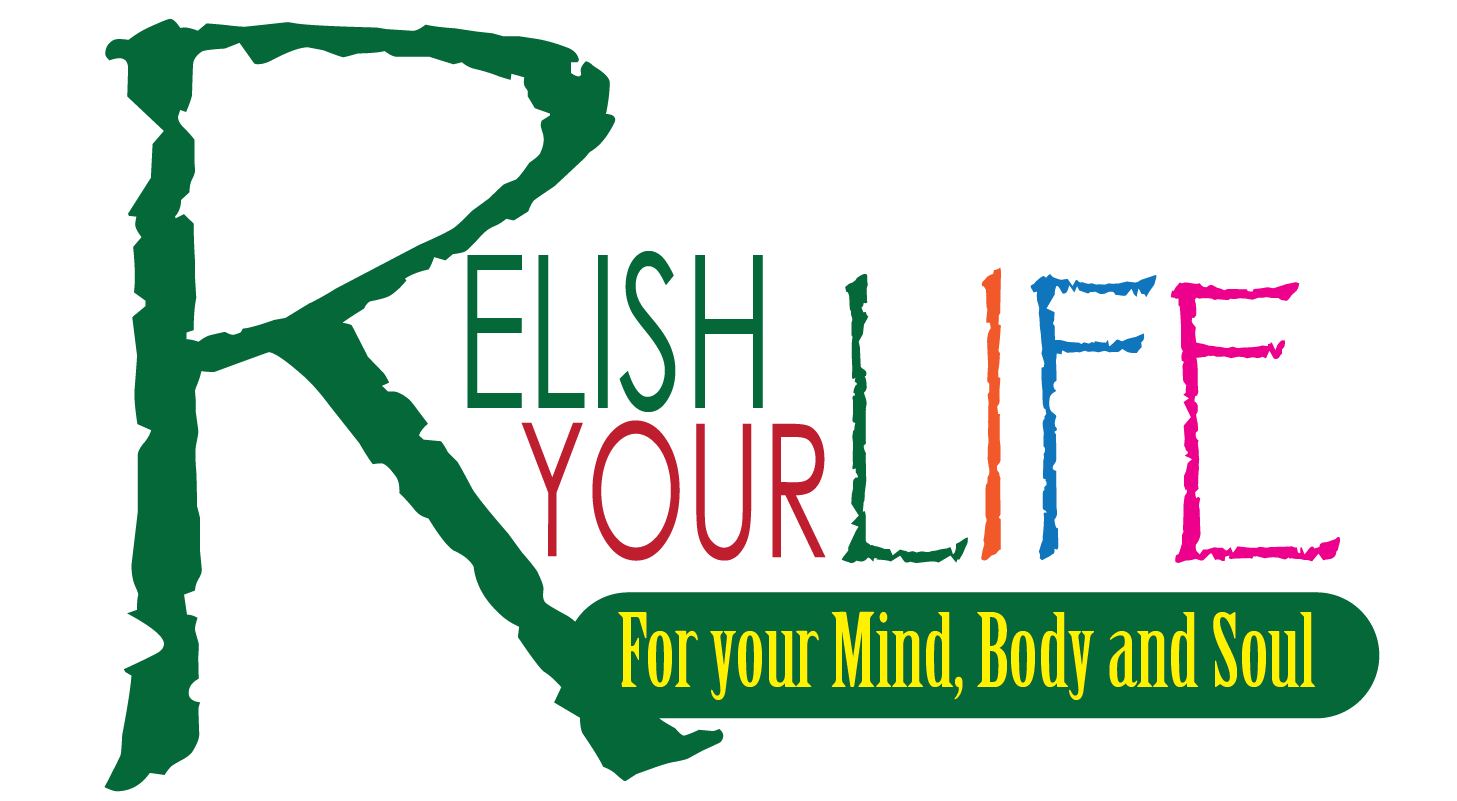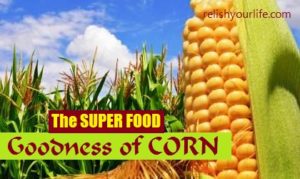It was in 9000 BC when CORN or MAIZE was first domestically used in Mexico and Central America. By 2000 BC it becomes a staple diet in American continent. Then it migrated to places and now it is one of the most grown and consumed crop across the globe. As per a recent study it provides nutrition to more than 20% of the population. The kernels of corn which are well aligned on the stud hold the majority of corn’s nutrients. Corn is scientifically known as “Zea mays”, this given name reflects its traditional name…maize. The golden yellow variety is the most commonly harvested but you can find corns in different colors, including red, pink, black, purple, and blue. Corn is available throughout the year but fresh crop is received in monsoons and can be stored for long periods under controlled environments.
Forms of consumption –
Corn is being loved by all age groups be it the aromatic pops which is a must have while going to a movie, roasted, boiled or sweet corn while taking a casual walk in a garden or a shopping mall. You can have it all day long starting your day with Corn flakes, having pan cakes / tortillas, burritos, or polenta made of corn floor in lunch or dinner, with hot and steamy soup or a nicely dressed salad of corn kernels. When milled to corn meal or flour, corn serves as a gluten-free grain.
Health Benefits of Corn –
- It provides the necessary calories for healthy, daily metabolism.
- It is a good source of starch and its high fibre which support growth of healthy gut bacteria to benefit digestion by curing ailments like constipation, hemorrhoids and colon cancer.
- Diabetes, heart ailments, hypertension and prevention of neural-tube defects at birth are proven to be controlled by use of corn.
- Corn contains vitamins A, C and some of the B-complex
- The B-complex vitamins are good for healthy skin, hair and eyes, and help the central nervous system function normally.
- Thiamine (B1) is required for normal growth so is necessary in a child’s diet. It also may help reduce the incidence of cataracts and can improve a woman’s fertility. Apart from these things, it might also help raise people out of depression.

- It also contains beta-carotene, foliate, fibre and the minerals selenium, potassium, traces of copper, calcium, sodium and zinc.
- It suffices the small amounts of selenium in our diets which helps the thyroid gland functioning as well as boosting the immune system, helping the body combat illness.
- Potassium is a vital mineral as it plays a role in bone and muscle health as well as being heart-protective and lowering the risks of strokes.
- Traces of Niacin found in corn helps lower the risk of Alzheimer’s disease and is good for the digestive and central nervous system; it is also good for the brain and our memory.
- Niacin is also vital for sexual health as it produces sex and stress related hormones, so combined with the potassium in corn it can help improve sexual health.
- Consumption of corn may also improve symptoms of arthritis and give improved joint mobility and give relief from pain.
- It also contains 18 amino acids including the 8 essential ones, along with phyto nutrients, making it a truly health-giving snack.
Limitations with corn –
Though it is a super food but having a high calorific value makes the tendency of weight gain so those who are on weight loss spree must avoid or limit the use of corn. The calorific content of corn is 342 calories per 100 grams; it is the highest among cereals. It will be wise to avoid having butter with corn as it further increases the calorific value and makes it unhealthy.
So choose wisely and have this power packed super food in any form to reap the natural benefits, keep relishing yourself with a modest serving of corn as per your taste and at the time when you like it.

